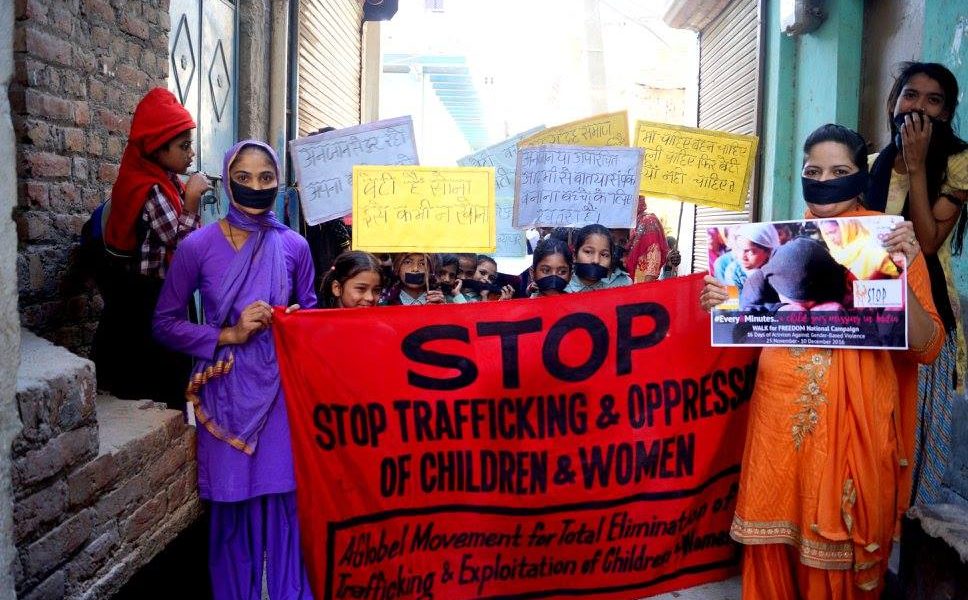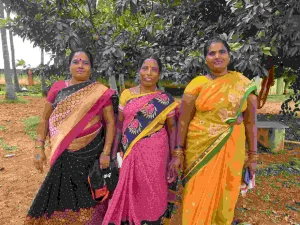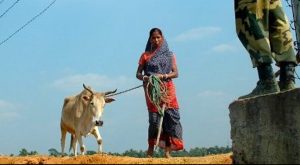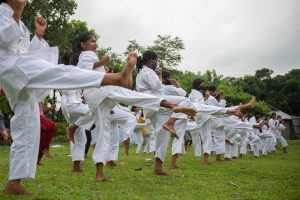The Calcutta High Court has ordered the Government of West Bengal to ensure adequate funds with the State Legal Services Authority (SLSA) to disburse compensation to trafficking survivors within six weeks under West Bengal Victim Compensation Scheme, 2017. The court has also directed the state government and SLSA to file a report enumerating the steps taken for disbursal of funds within the prescribed time.
The High Court’s order comes in response to a writ petition filed by a trafficking survivor who had been pursuing the payment of victim compensation of Rs 1,50,000 since December 5, 2019 as per the order of the District Legal Services Authority (DLSA) of South 24 Parganas.
Victims of crimes are entitled to compensation under Section 357 (A) of the Code of Criminal Procedure (CrPC). State Governments along with the Central Government are mandated to provide for a scheme that ensures compensation for the victim of the crime or their dependant for their rehabilitation.
Many survivors of trafficking, like the petitioner, have been waiting for over a year to receive their compensation funds, claim activists and lawyers from the state. In August 2019, a group of 27 survivors belonging to North and South 24 Parganas districts had written to Chief Minister Mamata Banerjee to help expedite the process. All of them had been awarded victim compensation between September 2019 to July 2021 but had not received the compensation amount in their bank accounts.
Sarifa Khatun (24) is one such survivor. She was awarded a compensation by DLSA worth Rs 4,00,000 in 2019. After she challenged the order at the SLSA, the compensation amount was increased to Rs 8 lakhs.
“But till now nothing has been credited to my account. I hope this order will benefit many more survivors like me who have been waiting for their compensation amount for years. I think this judgement is a victory for all of us,” said Khatun, who is also a member of survivors’ leadership collective Bijoyini.
The entire process of awarding the compensation including the required enquiry must be completed within two months from the date of application or court order for the compensation, as per CrPC.
However, the authorities hardly ever adhere to this timeline, Kaushik Gupta, a senior lawyer practising at the Calcutta High Court who appeared for the petitioner, told Behanbox. “In most of the cases, in my experience, this process takes two years or more instead of two months,” he said.
Survivors face multiple barriers in accessing the compensation including state inaction, lack of adequate funds and policy gaps.





